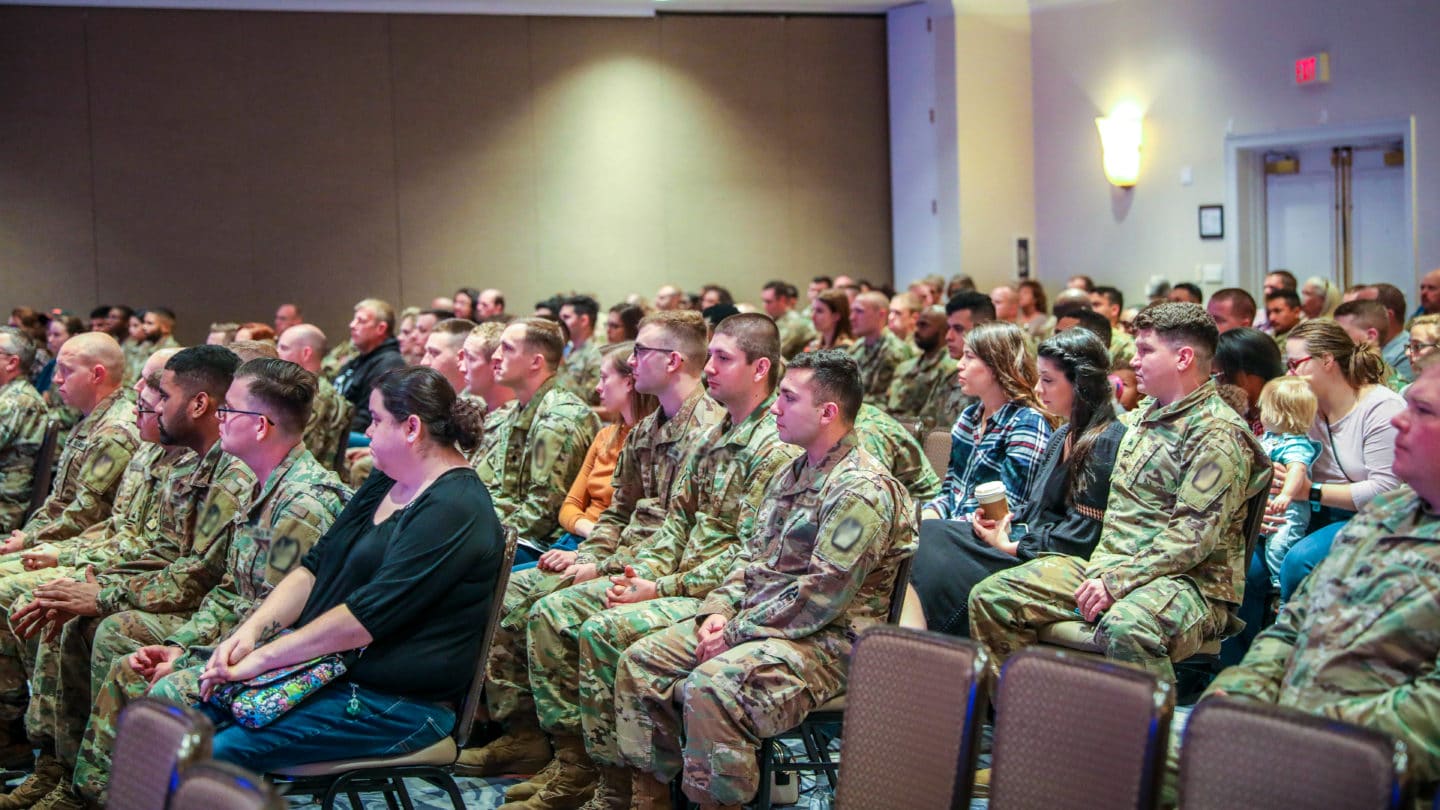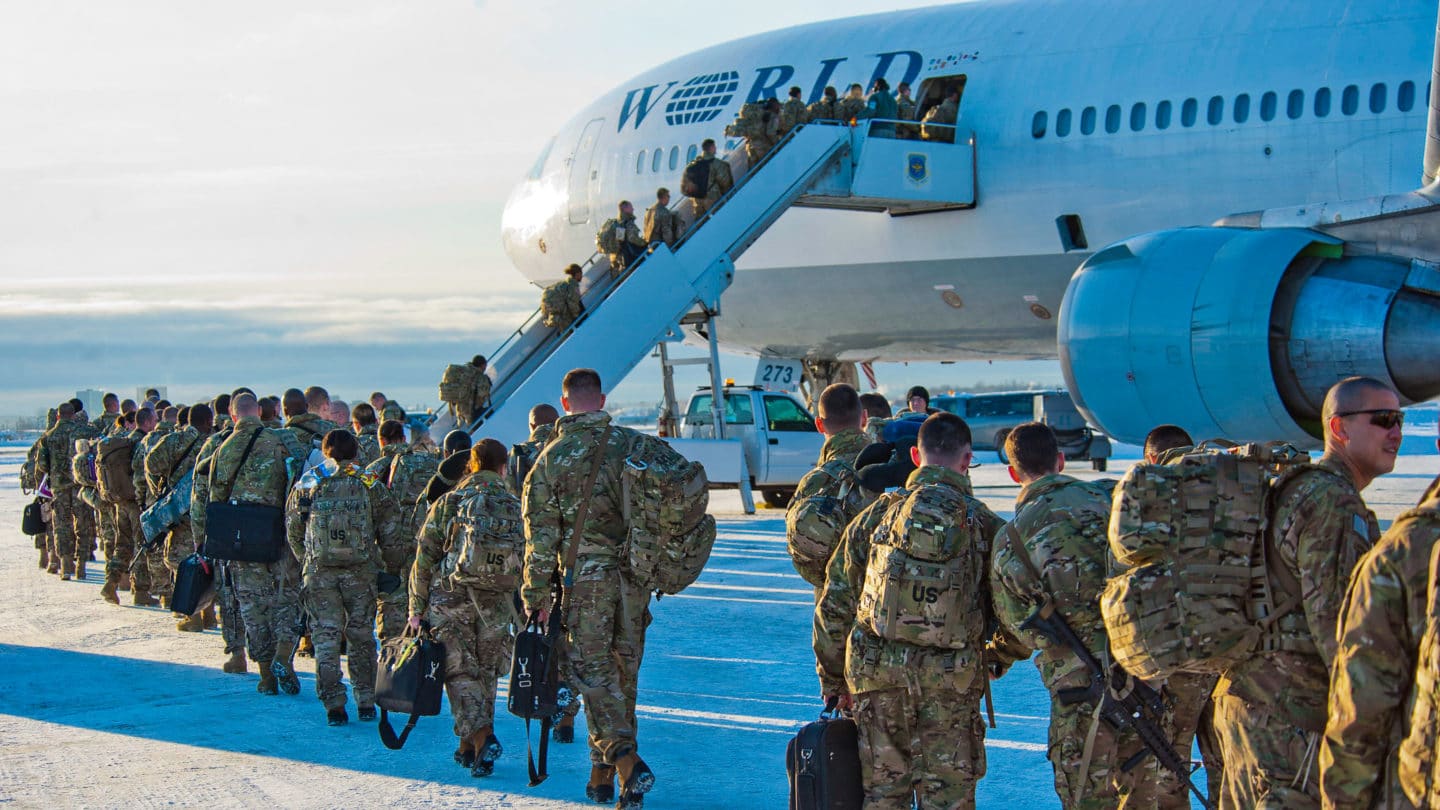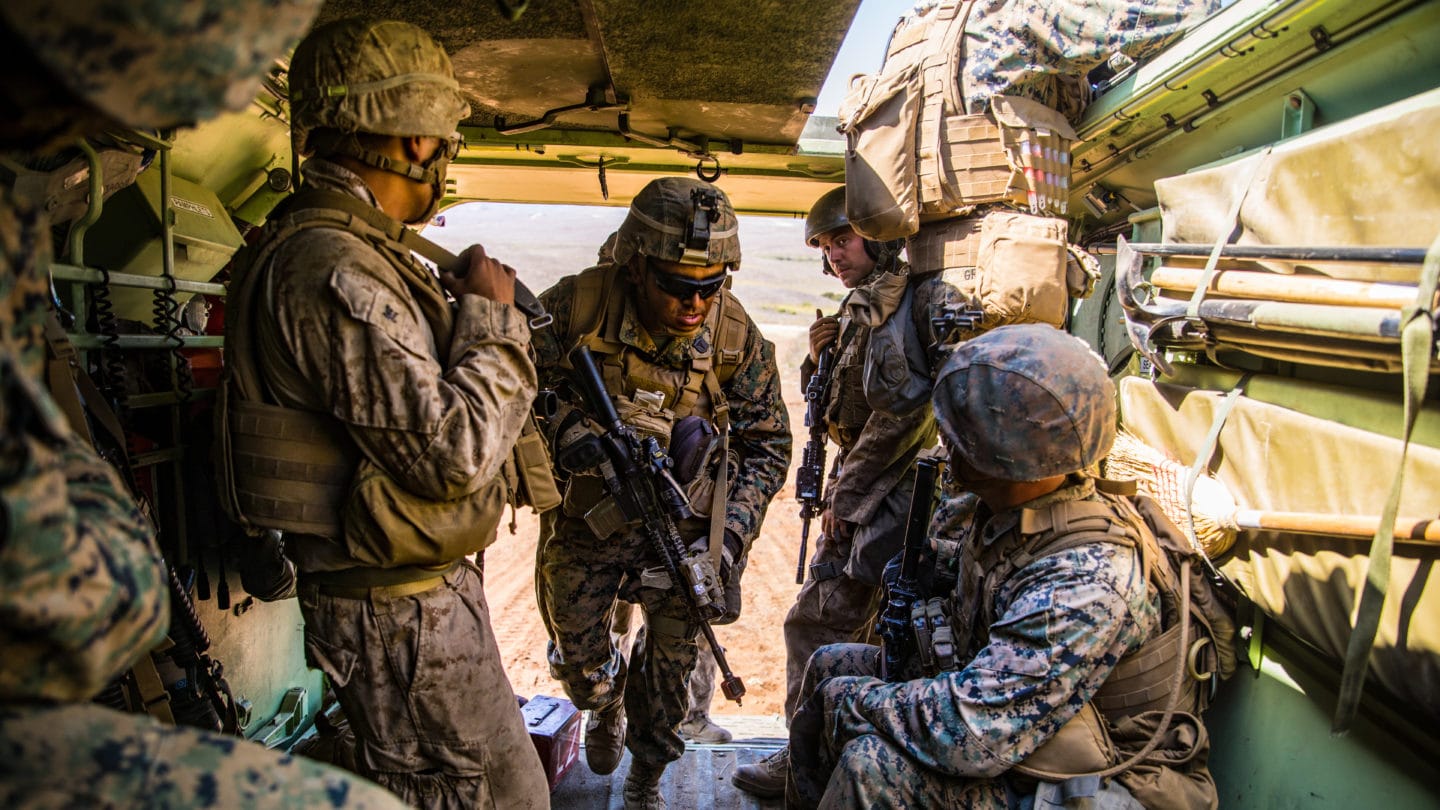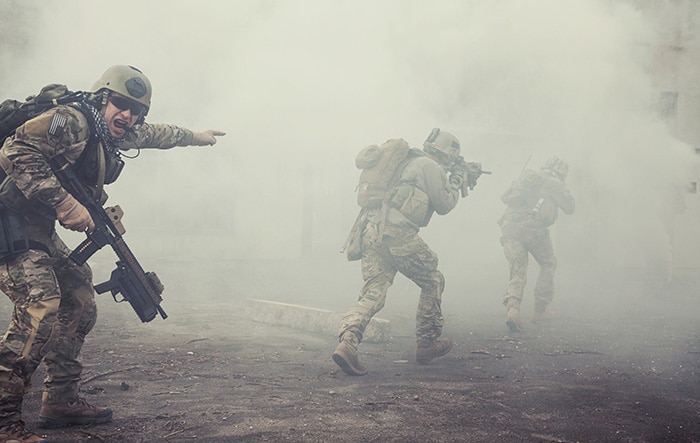Deployments are an inevitable part of military life.
No matter how much you prepare for one, there’s still varying levels of stress that can crop up before, during, and after deployment.
Whether you’re preparing for your first or fifth deployment, having solid ways of coping with deployment stress is helpful. Coping mechanisms will help you stay focused on the mission while also keeping your mental and physical health in check.
Below we share the details on how to cope with deployment stress in a healthy manner even when your support system is far from you.
What is Deployment Stress?

As a military member, your stress levels can spike during pre-deployment, deployment, and post-deployment periods. No matter what part of the process you’re in, there are different elements that can perpetuate stress. Equally important is the fact that you also have multiple ways to cope with this special kind of stress, too.
Symptoms of Deployment Stress
Every person responds to situations differently, and deployments are no exception. Symptoms may be emotional, cognitive, behavioral, social, and physical surrounding the deployment stages.
A look at the symptoms:
- Emotional — Feeling worried, sad, lonely, frustrated, scared, and antsy
- Cognitive — Unfocused, difficulty thinking, poor memory, negative mindset
- Behavioral — Short tempered, flighty, fidgety, and edgy
- Social — Disinterested in being as social as normal, withdrawn from peers
- Physical — Muscle soreness, exhaustion, digestive issues, headaches, insomnia
If you’re experiencing panic attacks, extreme irritability, insomnia, or other issues that may make it difficult to perform daily tasks or your job, talk with your leadership. They can direct you to the best resources to get you back to feeling like yourself.
Preparing Yourself for Deployment Stress
The deployment process as a whole can impact your personality, including your mood. Stress management is key to getting through deployments, and by knowing what to expect it can make it easier to handle each specific timeline of your deployment.
Here we break down each period and what to expect:
Pre-deployment

As a service member, you know deployment is part of your contract. Sometimes this fact alone can cause undue amounts of anxiety on you or your loved ones — especially since you have no idea when it will happen.
Pre-deployment stressors may include:
- Family tension
- Getting affairs in order such as wills
- Preparing loved ones for possible loss
- Setting up systems to deal with household responsibilities
- Planning current and future finances
- Creating backup plans for delayed homecomings
By preparing well in advance — especially when it comes to legal affairs — it can save major headaches later on when you’re many miles and time zones away. If you have family living with you at your duty station, including them in the pre-deployment prep process can give everyone a better understanding of what to expect in the upcoming months.
Married and getting ready to go through your first deployment? Check out this post.
Healthy coping tip: While it can be an overwhelming period of time, it’s important to step away from pre-deployment preparations, too. Plan a family vacation, try that restaurant you’ve been wanting to go to, or just spend time with loved ones. Focusing on enjoying the present moment you have stateside can help push off anxiety that may steal your joy.
Deployment

Deployment periods are undoubtedly one of the hardest parts of service life. Not only does it emotionally impact the service member, but it can also be challenging for family members left behind. Deployments may be as short as a few months to as long as a few years. By mentally, emotionally, and physically preparing, it can make the deployment period go by smoother.
Deployment stressors may include:
- Combat (difficult situations and scenarios)
- Operational challenges (harsh environment, shifted sleep schedules, etc.)
- Distance from loved ones
- Unreliable methods of communication
- Challenging work schedules
Each deployment experience is different. Long-term leadership will tell you every deployment they’ve been on has had its own unique challenges and rewards. Deployment stress can also include nervousness about returning home as well, which is completely normal.
Healthy coping tip: By developing a plan to keep in touch (letters, phone calls, care packages, etc.) it can alleviate the anxiety of being away from loved ones. Keeping in touch regularly is a wonderful way to boost morale and get exciting updates from the homefront.
Post-deployment

The return home after deployment is an exciting time for service members and their family members. For service members who are single, this can also be a difficult period if no one is waiting back home. Your command will prepare you for heading back into “normal life” with briefings and what the reintegration phase might be like.
Post-deployment stressors may include:
- Emotional reunions
- Loneliness if family isn’t nearby
- Insecurity of place in family unit
- Loss of independence
- Trouble adjusting to non-combat environment
- Switching back into previous household roles
Healthy coping tip: Talk to your loved ones about any anxiety or emotions you have about returning home. If necessary, enlist the help of a Chaplain to work through any difficult circumstances you may have awaiting upon your return.
Coping With Deployment Stress

While you can’t control where you’re deployed to or for how long, you can focus on the things you do have control over while you’re there. Stress should never be viewed as a sign of weakness, but more so as a natural human response to difficult situations.
Here we share some tips for effective stress management:
- Prepare before you leave – Build a solid plan with your partner/spouse and family members so there are less opportunities for misunderstandings when communication options are limited during deployment.
- Create your emergency contact list – Have a designated person or network that can help with emergencies while you’re away. These people will have your back when you can’t handle emergencies by yourself — like a leaking roof.
- Keep up good habits – Maintain a good diet and exercise habits to help you feel your best both mentally and physically.
- Build relationships with your unit – Take time outside of work duties to bond with your fellow service members. Work out together, dine together, and be generally supportive of one another for a healthier deployment experience.
- Have fun – Take advantage of recreational opportunities, when available. Explore new cities, try new foods, and explore hobbies you might not otherwise make time for at home.
- Keep it light – Laughter really is good medicine. Watch funny videos, crack jokes with your fellow service members, and read hilarious books to elevate your mood.
- Take care of yourself – Learn breathing exercises and practice self care when you can.
Don’t Go It Alone

If you’re having a hard time with deployment stress, don’t be afraid to ask for help. The military has counseling available, along with non-denominational spiritual leaders to serve you.
Recognizing you may need to talk to someone about overwhelming feelings of stress is the first step to being able to get the appropriate help. Once you get home, you may need to continue counseling and/or include your family for the most positive impact.
If you’re feeling like you’re dealing with a mental health crisis, immediately reach out to a trusted friend or leader. If you have access to a phone, you can also call the Military Crisis Line at 1-800-273-8255 and press 1 to get confidential help.
When it comes to deployment, it may feel like it’s forever, but it does eventually end. By making the best of the situation — and staying busy — the deployment will be over before you know it.
What tips do you have for coping with deployment stress? Share your thoughts with fellow service members in the comments below!





